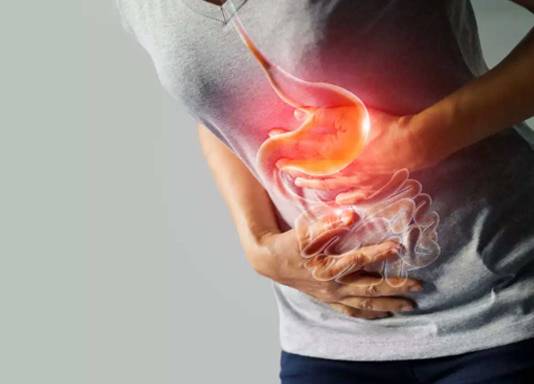Top 10 Constipation Side Effects You Should Be Aware Of
Moving it along the gastrointestinal tract. It is usually a result of less frequent bowel movements, but it is sometimes caused by the opposite. In a healthy person, constipation is usually not a serious health issue, but it can cause a lot of discomfort and even lead to serious health problems in some cases.
There are many potential causes of constipation, including lifestyle choices, medications, medical conditions, and pregnancy.
Some common lifestyle-related causes of constipation include:
- Eating foods low in fiber
- Not drinking enough water (dehydration)
- Not getting enough exercise
- Changes in your usual routine (e.g., traveling, changes to sleep or eating patterns)
- Eating large amounts of milk or cheese
- Stress
- Resisting the urge to have a bowel movement
For most people, constipation is an annoyance rather than a serious problem.
However, people who suffer from chronic constipation may develop more serious complications, such as:
- Haemorrhoids (piles)
- Faecal impaction (a buildup of dry, hard stools in the rectum)
- Bowel incontinence (the leakage of liquid stools)
The first thing to do if you are suffering from constipation, is to make sure that you are drinking enough water and eating a healthy diet. If you have a bowl movement every day and the stools are still difficult to pass, then you should speak with your doctor. It might be time to rule out any more serious conditions, such as IBS, that are causing you to have difficulty with your bowel movements.
Few simple changes can be managed by you at home to ease mild to moderate constipation.
- Make sure you’re drinking plenty of water every day – aim for two to four extra glasses. Caffeine and alcohol can dehydrate you, so avoid them if possible.
- Eating lots of fruits, vegetables, whole grains, and other high-fiber foods. Cut down on high-fat foods like meat, eggs, and cheese.
- Prunes and bran cereal can help with constipation.
- Exercise regularly – this will help keep things moving along smoothly.
- When you’re on the toilet, make sure you’re in a position that’s comfortable for you. Raising your feet, leaning back or squatting may make it easier to have a bowel movement.
- Try not to use your phone or other devices while you’re on the toilet – focus on what you’re doing instead!






